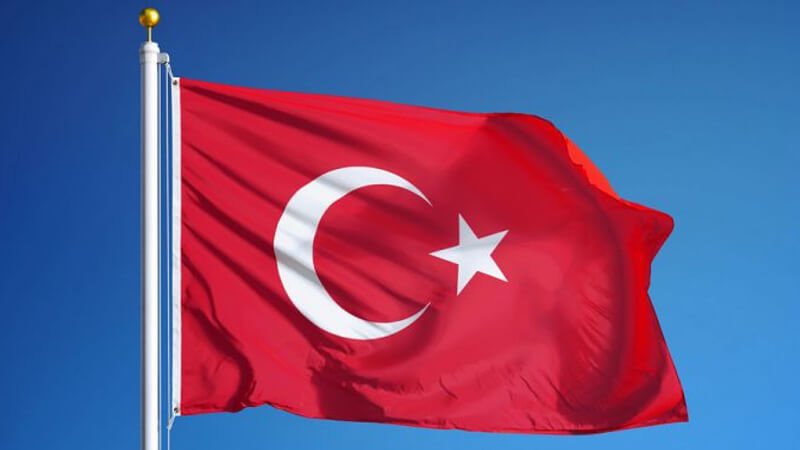The ICJ and the Human Rights Joint Platform released today a joint statement, calling attention to a variety of obstacles faced by those seeking access to justice for human rights violations in Turkey.
The statement includes 13 recommendations to the Turkish government to ensure the justice system can uphold human rights.
In Turkey, victims of human rights violations remain unable to access justice, particularly effective remedies and reparation for violations of their rights, and there is little accountability of the State or State authorities for what are often serious violations.
Access to Justice has suffered by the immense damage done to the justice system in Turkey in recent years. The systematic undermining of judicial independence, and of the work of prosecutors and lawyers, through the widespread practice of arbitrary arrest and detention, unfounded prosecutions and dismissals of legal professionals as well as other human rights defenders, have fatally undermined the capacity of the justice system to provide reliable protection for human rights.
The Joint Statement is the fruit of three years of intensive work on access to justice for human rights violations in Turkey by the ICJ and IHOP.
During the last three years, the two organizations had the opportunity to gather the views of a wide range of stakeholders, including civil society, judges, lawyers, prosecutors, government officers, international experts, international organizations, human rights defenders and victims of human rights violations. The conclusions by ICJ and IHOP are a reflection of these opinions.
Drawing on this work and their decades-long experience in access to justice, the ICJ and IHOP have outlined the measures needed to begin to restore effective access to justice in Turkey.
The Joint Statement is part of the REACT project: implemented jointly by ICJ and IHOP, this project seeks to support the role of civil society actors in turkey in ensuring effective access to justice for the protection of human rights. This project is funded by the European Union. The views portrayed here do not necessarily reflect the opinion of the EU.
ICJIHOP-JointStatement-2020-ENG (download the statement in English)
ICJIHOP-JointStatement-2020-TUR (download the statement in Turkish)




